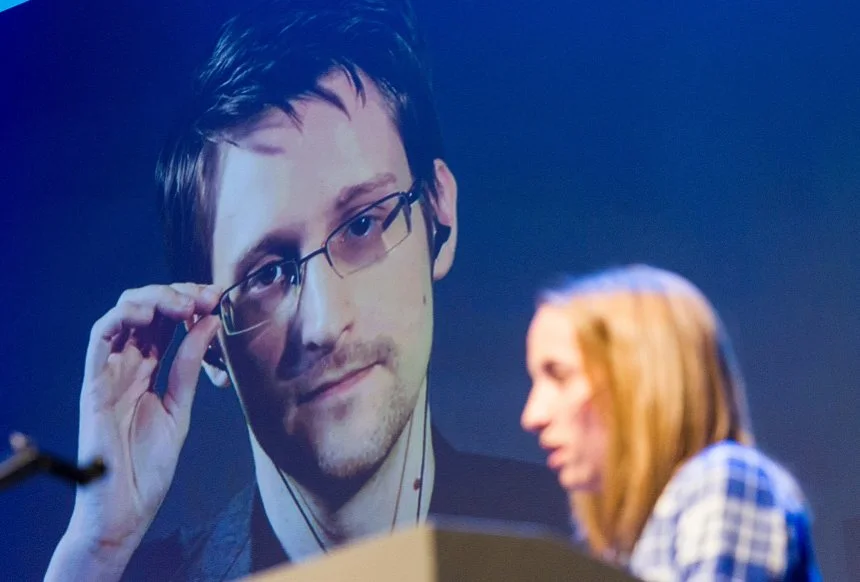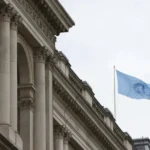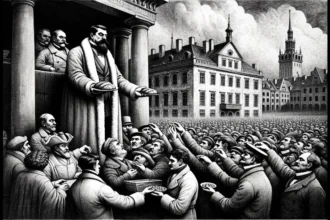The Ethical Spectrum of Treason
Treason traditionally elicits severe moral disapproval: the traitor is condemned for fundamentally undermining the state’s integrity and security and violating an obligation of loyalty to the nation. However, acts of treason raise ethical questions which are far from straightforward.
For example, the unauthorized dissemination of classified information, which many regard as treason, is seen by others as morally permissible, even obligatory under some circumstances.
The ethical justification for treason affords greater moral value to the protection of universal human rights than to the observance of national loyalty.
A more nuanced perspective on treason suggests that in certain contexts, the moral imperative to prevent harm or injustice may justifiably supersede the duty of national allegiance, challenging conventional perceptions and urging a re-evaluation of the ethical frameworks that currently govern such acts.
The Nature and Wrongfulness of Treason
Treason is a legal and moral conundrum. It is widely regarded as a betrayal of a nation’s trust and an attack on the national interest. However, what constitute “national interest” and “betrayal” is fraught with ambiguity: ‘your traitor is my loyalist’, it is often said.
In some cases, there may be a duty to commit treason.
Moreover, condemnations of treason presuppose that individuals owe a duty to their compatriots which outweighs other duties which they may have, including to those who are harmed by the nation.
This paper presents a critical examination of absolutist moral stances on treason. It argues that the morality of such acts depends on the moral status of the reasons why traitors act as they do. For example, if the disclosed information exposes governmental malpractice or corruption that would otherwise remain concealed, such an act of treason might be morally justified. A similar conclusion can be reached in cases in which treasonous acts helps prevent harm to the innocent.
Justifiable and Obligatory Treason
In fact, in some cases, there may be a duty to commit treason, for example when the passing of secret intelligence to foreign entities could serve to impede substantial human rights abuses or thwart significant injustices.
This ethical justification for treason affords greater moral value to the protection of universal human rights than to the observance of national loyalty: when fundamental human rights are at stake, the individual’s duty to her compatriots gives way to a paramount commitment to human dignity and justice.
Treason Among Allies
Exploring the nuances of treason within the context of alliances reveals additional layers of complexity. The transmission of confidential information to allied nations, while potentially maintaining formal legal definitions of treason, invites a critical examination of its ethical implications.
Such acts risk undermining diplomatic relationships and national security, underlining the delicate balance between maintaining state secrets and ethical considerations.
A recalibration of the balance between keeping state secrets and the moral benefits of transparency is necessary.
Yet, if disclosing sensitive information can thwart violations of fundamental moral rights, it might be justified.
For example, suppose that an ally’s action, if based on shared secret intelligence, would prevent a humanitarian crisis, or averts a significant threat: in such a case, the betrayal of one’s own nation’s trust could be seen not just as permissible but as a moral obligation.
Here too, the moral landscape of international relations and intelligence sharing is not merely about allegiance to one’s country, but about a broader commitment to global justice and the prevention of harm.
Conclusion: Re-evaluating Treason in Modern Ethics
The traditional view of treason, marked by stringent moral and legal sanctions, requires a deeper, more flexible understanding in the context of contemporary ethical challenges. Under certain circumstances, these acts should be considered not just defensible but potentially obligatory.
Developing a moral framework that allows for exceptions to the blanket condemnation of treason acknowledges the need to assess the reasons for such acts critically. When the disclosure of classified information averts violations of fundamental rights, it can outweigh one’s duty of allegiance to one’s compatriots.
This ethical perspective prompts a recalibration of the balance between keeping state secrets and the moral benefits of transparency. It shifts our focus from an absolute loyalty to one’s country to a broader allegiance to humanity.
Adapted from an academic article for a wider audience, under license CC BY 4.0









